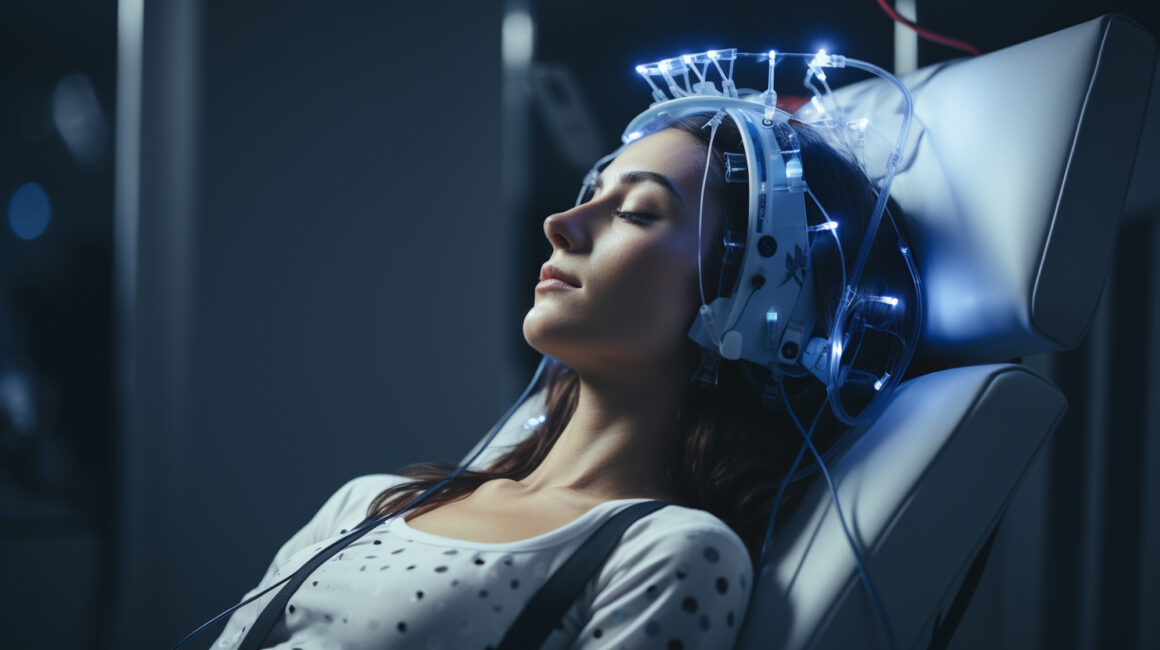Selena Gomez is only 24 but the 7 million albums and 22 million singles she sold worldwide, along with her 114 million followers on Instagram, make her one of the most influential celebrities in today’s world.
In the April issue of Vogue, she opens up. She breaks this glass celebrities usually have; this same glass that sometimes make them seem unreal. In the April issue of Vogue, she does not only tell her fans that she understand their problems, she tells them that she had to deal with them too.
“Tours are a really lonely place for me. My self-esteem was shot. I was depressed, anxious. I started to have panic attacks right before getting onstage, or right after leaving the stage,” she declared during her interview, adding that she spent 90 days in rehab for anxiety and depression last summer, after cancelling her Revival tour.
About the Selenators, her fanbase, she said: “Basically I felt I wasn’t good enough, wasn’t capable. […] I was so used to performing for kids… Suddenly I have kids smoking and drinking at my shows, people in their 20s, 30s, and I’m looking into their eyes, and I don’t know what to say…” Gomez has to be, because of her media influence, a role model for people of all ages — this difference of age between her and her fans, and between the fans themselves isn’t an easy thing to manage.
She also addressed her relationship with social medias: “As soon as I became the most followed person on Instagram, I sort of freaked out. It had become so consuming to me. It’s what I woke up to and went to sleep to. I was an addict, and it felt like I was seeing things I didn’t want to see, like it was putting things in my head that I didn’t want to care about. I always end up feeling like shit when I look at Instagram. Which is why I’m kind of under the radar, ghosting it a bit…” Once again, social medias are proven to be dangerous to one’s mental health. The pressure of the likes, the followers; the negative comments and the hyper sexualization of every picture of herself she would post led to the problems she addresses in the Vogue issue. And it is not something we can ignore. We need to stop acting like what we do on social medias does not have any effect on other people. We need to stop thinking that celebrities do not care about what we say; they’re also human.
Her interview with Vogue is much more than the usual photoshoot. Gomez’s words are strong and reflect what our society tries to hide from us: the pressure on famous young artists’s shoulders, hidden mental illnesses, etc.
“It feels like I don’t have to be holding my breath and waiting for somebody to judge a piece of work that I’m doing.”
“I wish more people would talk about therapy,” she said after revealing that she Dialectical Behavior Therapy “completely changed [her] life.” DBT is a treatment that places a particular importance on the relationship between the patient and the therapist that that focuses on improving distress tolerance, mindfulness, emotion regulation and interpersonal effectiveness.
By opening up about her battle with depression, Selena Gomez attracts awareness on a subject that is still too unknown, and sometimes seen as not important by parents. According to healthline.com, 1 in 10 Americans have to deal with depression throughout their lives. The National Institute of Mental Health also precises that in 2015, 3 million adolescents (12 – 17) in the US had at least one major depressive episode.
Gomez isn’t the first one to open up about depression. Chrissy Teigen or Adele talked about postpartum depression, for example; and in 2016, Cara Delevingne talked about how she dealt with her depression and how medication saved her life.




